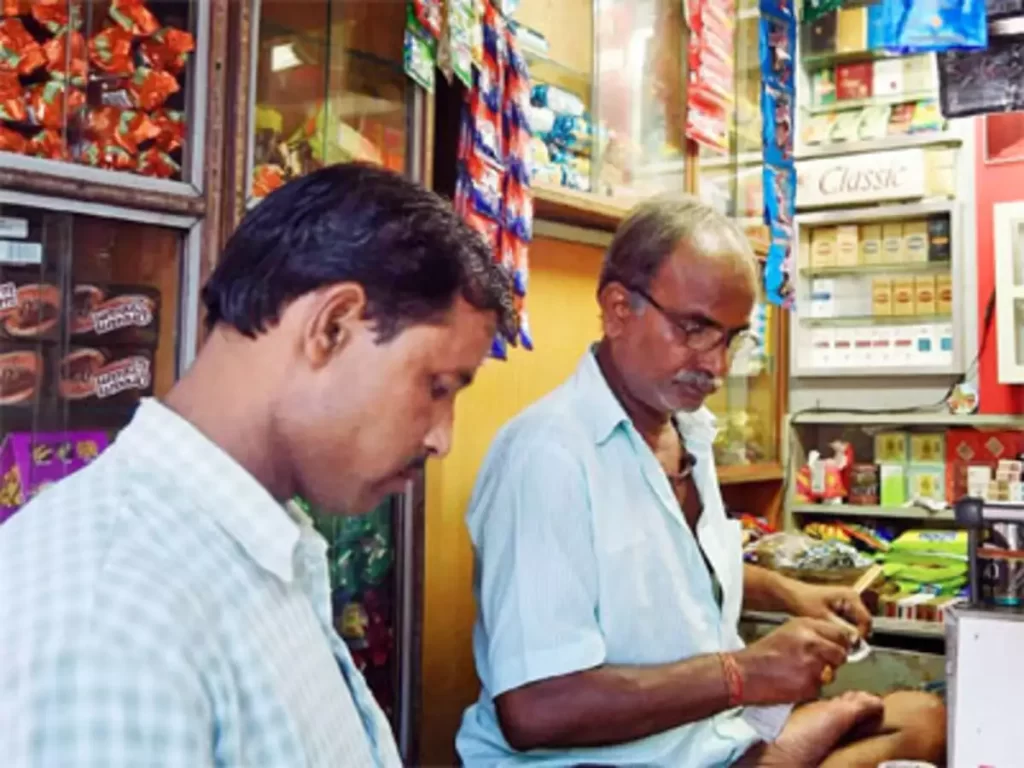Fair Price Shop means a shop which has been licensed to distribute essential commodities by an order issued under section 3 of the Essential Commodities Act, 1955, to the ration card holders under the Targeted Public Distribution System.

Responsibility
It is the responsibility of every State Government to establish institutionalised licensing arrangements for fair price shops in accordance with the relevant provisions of the Public Distribution System (Control) Order, 2001 made under the Essential Commodities Act, 1955, as amended from time to time for efficient operations of the Targeted Public Distribution System.
Under the Targeted Public Distribution System, it is the duty of the State Government to-
- take delivery of foodgrains from the designated depots of the Central Government in the State, at the prices specified,
- organise intra-State allocations for delivery of the allocated foodgrains through their authorised agencies at the door-step of each fair price shop; and
- ensure actual delivery or supply of the foodgrains to the entitled persons at the prices specified
Every local authority, or any other authority or body, as may be authorised by the State Government, can conduct or cause to conduct, periodic social audits on the functioning of fair price shops, Targeted Public Distribution System and other welfare schemes, and may publicise its findings and take necessary action, in such manner as may be prescribed by the State Government.
The State Government can fix an amount as the fair price shop owner’s margin, which may be periodically reviewed for ensuring sustained viability of the fair price shop operations. The State Governments may allow sale of commodities other than the foodgrains distributed under the Targeted Public Distribution System at the fair price shop to improve the viability of the fair price shop operations.
FPS are mandated to make a lot of disclosures such as opening and closing stock, sample quality of grains sold, retail price details etc. Accounts of the actual distribution of foodgrains and the balance stock at the end of the month, at the fair price shop, have to be sent to the designated authority of the State Government with a copy to the local authority.
Common Service Centre
- It is an initiative of the Ministry of Electronics & IT (MeitY).
- The CSC is a strategic cornerstone of the National e-Governance Plan (NeGP), approved by the Government in May 2006, as part of its commitment in the National Common Minimum Programme to introduce e-governance on a massive scale.
- They are the access points for delivery of various electronic services to villages in India, thereby contributing to a digitally and financially inclusive society. CSCs enable the three vision areas of the Digital India programme:
- Digital infrastructure as a core utility to every citizen.
- Governance and services on demand.
- Digital empowerment of citizens.
- The objective of CSCs is to provide high quality and cost-effective video, voice and data content and services, in the areas of e-governance, education, health, telemedicine, entertainment as well as other private services..
- The PPP (Public Private Partnership) model of the CSC scheme envisages a 3-tier structure consisting of the:
- CSC operator (called Village Level Entrepreneur or VLE);
- Service Centre Agency (SCA), that will be responsible for a division of 500-1000 CSCs; and
- State Designated Agency (SDA) identified by the State Government responsible for managing the implementation in the entire State.
FAQs
What is a Fair Price Shop (FPS)?
Fair Price Shop (FPS) is a government-approved retail outlet that distributes essential commodities like wheat, rice, sugar, and kerosene to eligible beneficiaries at subsidized prices under the Public Distribution System (PDS).
Who is eligible to get ration from an FPS?
Eligible beneficiaries include families that possess a ration card issued by the government. These ration cards are typically categorized into Above Poverty Line (APL), Below Poverty Line (BPL), and Antyodaya Anna Yojana (AAY) depending on their economic status.